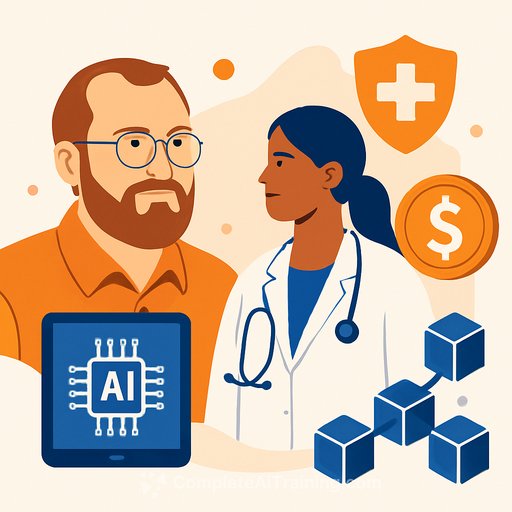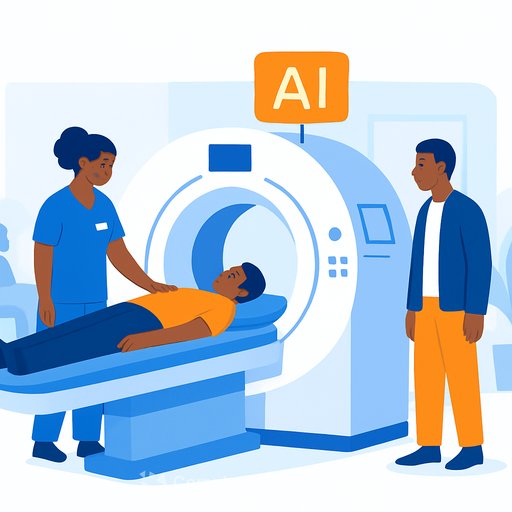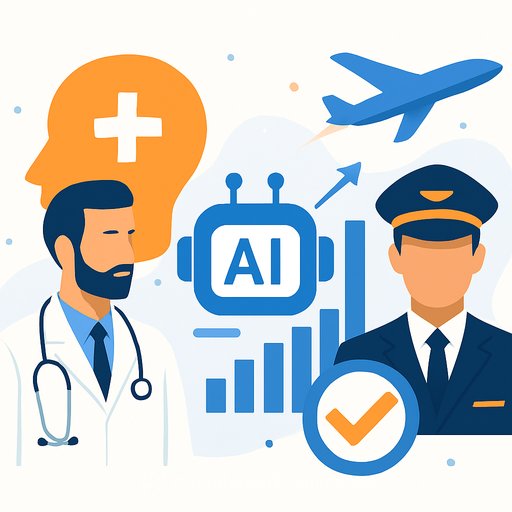US Healthcare Faces Harsh Reality: Cardano’s Hoskinson Calls It “F***ed”
Charles Hoskinson, founder of Cardano and early co-founder of Ethereum, delivers a blunt assessment of the American healthcare system: it’s not broken — it’s functioning exactly as designed. According to him, the current system thrives on profit, often at the expense of patient care.
Hoskinson is backing his words with a $200 million investment in a new kind of medical clinic in Gillette, Wyoming. Serving 15,000 patients—about one-third of the town’s population—this clinic operates on a “pay-if-you-can” model, putting patients first rather than billing codes or insurance company demands.
The Root Problem: Misaligned Financial Incentives
At the core of Hoskinson’s critique is how doctors are paid. The system pays the same for vastly different patient interactions, discouraging personalized care and long-term health planning.
For example, a doctor receives the same payment whether treating a complex 75-year-old patient with multiple conditions or a healthy 16-year-old with a simple urinary tract infection. This structure incentivizes maintaining chronic illness rather than curing it, as ongoing treatments generate more revenue.
Hoskinson’s insight comes from personal experience—his father, brother, grandfather, and uncle are all doctors—giving him a close-up view of the system’s flaws.
A Patient-Centered Clinic Powered by AI and Blockchain
Hoskinson’s solution is straightforward: build a clinic that revolves around patients, not profits. His clinic in Wyoming uses artificial intelligence to assist physicians, not replace them, by providing daily updated care plans, flagging potential drug interactions, and capturing subtle patient history cues.
- AI agents represent various medical specialties to support real-time decision-making.
- Tools are being developed to transcribe visits and offer AI companions to help patients interpret food labels, medications, and supplements.
- Blockchain technology is planned to ensure privacy through selective disclosure and zero-knowledge proofs, verifying patient details without revealing sensitive information.
The entire model—including software and protocols—will be open-sourced, allowing other communities to replicate this approach without profit motives standing in the way.
Facing Resistance from Traditional Healthcare
Hoskinson reports that the established medical system is pushing back hard. Local hospitals are reportedly trying to block the clinic’s progress by withholding credentials from top physicians, making it difficult to bring specialists on board.
Despite this, Hoskinson is committed to this project as a family legacy and a mission to fix what he sees as the single most important issue in America.
Rethinking Health Insurance
He also calls for a fundamental shift in how health insurance works, arguing it should function like catastrophic insurance—available for serious illness rather than routine care or minor needs. This would align coverage with real risks, reducing unnecessary costs and complexity.
For healthcare professionals interested in how AI can support smarter, more responsive care models, exploring AI applications and certifications can be valuable. Resources like Complete AI Training offer courses to understand AI’s role in healthcare and beyond.
Hoskinson’s experiment in Wyoming may be a small step, but it challenges longstanding norms and could offer a blueprint for more humane, efficient healthcare.
Your membership also unlocks:





